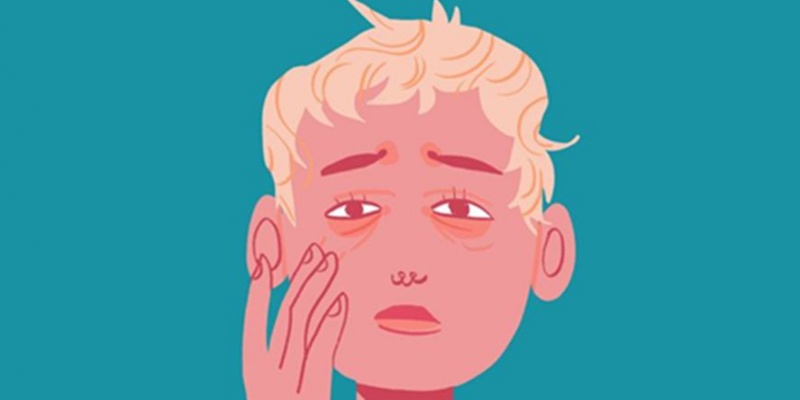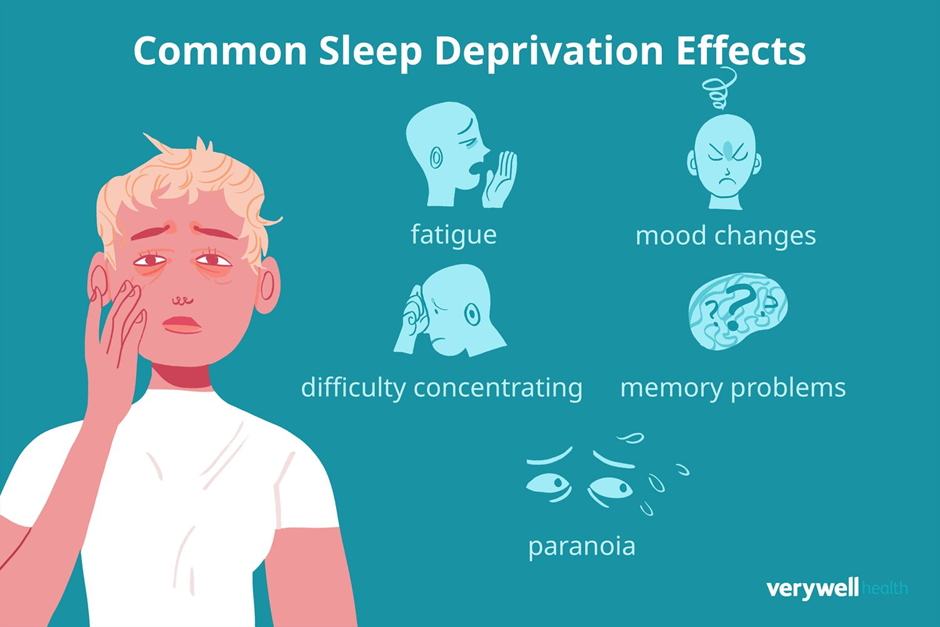Cognitive Effects of Not Sleeping Properly on Emotions

During such an exam-heavy academic term, it can be easy to overwork ourselves and sacrifice our sleep in the process, having negative implications on our emotions. With 1 in 3 students not receiving 9 to 11 hours of sleep per night, this being the optimal cognitive function needed, this leads to problems with learning, focusing, and reacting, having challenges later in life.
Looking at sleep from a more emotional perspective, proper sleep is crucial not just for cognitive performance, but for emotional recognition and regulation amongst school students. Insufficient sleep can impair abilities to recognise emotions in yourself and others and engage in positive social interactions. This can affect academic performance as well as social and emotional well-being.
Some impacts include:
- Impaired memory and learning: Struggling to retain and recall information, making it harder to learn new concepts and perform well in school.
- Reduced attention and concentration: Difficulty in paying attention in class, engaging during lessons, or even following basic instructions.
- Lower academic performance: Missing important details in lessons or making more mistakes in tests.
- Slower reaction times: The lack of sleep can lead to slower cognitive responses, affecting abilities to complete tasks on time or respond to challenges effectively.
- Decreased motivation and engagement: Chronic sleep deprivation can lead to a lack of motivation, making students less inclined to participate in class activities or complete assignments.

It has been scientifically proven that poor sleep quality has a strong correlation with lower grades and reduced academic achievement, as it affects your cognitive abilities like memory, mood and concentration.
Some studies have shown this:
The effect of sleep deprivation and restriction on mood, emotion, and emotion regulation (Cara C Tomaso, Anna B Johnson & Timothy D Nelson et al 2020)
Get a brief insight into the amygdala, what sleep debt really is and sleep deprivation and how you can avoid it (Zahid Saghir, Javeria N Syeda, Adnan S Muhammad & Tareg H Balla Abdulla et al 2018)
https://pmc.ncbi.nlm.nih.gov/articles/PMC6122651/
GB, Year 12 Psychology Prefect

